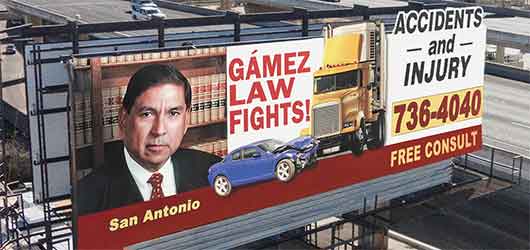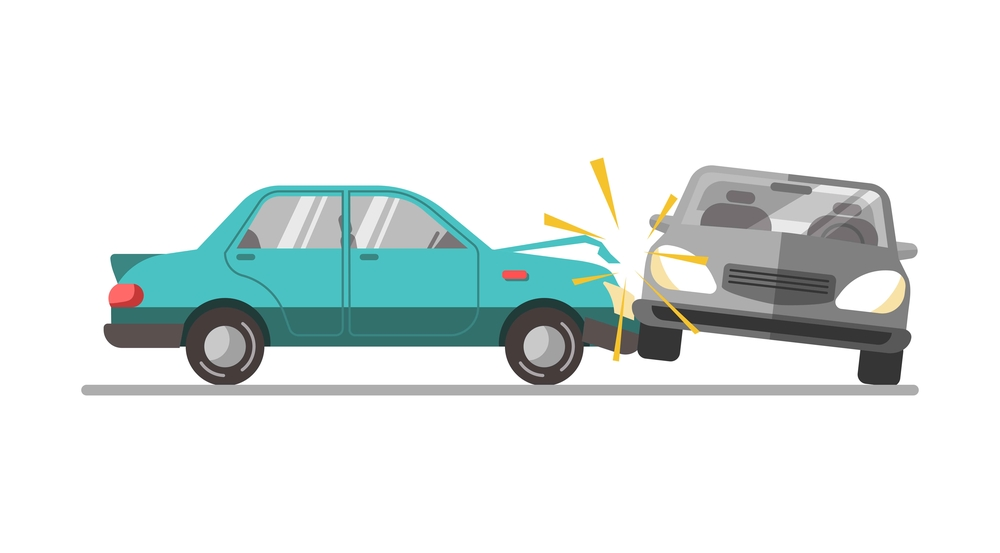When you sustain injuries in an accident that another person was responsible for, there’s a good chance you can recover compensation for various damages. You’ll generally pursue a settlement first, but it may progress to a lawsuit. A car accident attorney in San Antonio can represent you when pursuing either a settlement or a lawsuit after a car accident.
Ask a Car Accident Attorney in San Antonio: What’s the Difference between a Personal Injury Settlement and a Lawsuit?
The difference between a personal injury settlement and a lawsuit is pretty clear. One involves the court system, and the other does not. With a settlement, you deal with the insurance company representing the party liable for the accident. Negotiations will go back and forth between your attorney and an insurance adjuster who’s handling the claim.
If you can’t come to a settlement agreement without filing a lawsuit, then your attorney may advise you to file a lawsuit against the person responsible for the accident. The court system gets involved, and negotiations will often continue once the defendant (the liable party) responds to the suit. Sometimes lawsuits result in going to trial, but not every case has to enter the courtroom.
What Is the Process of Filing a Personal Injury Claim That Leads to a Lawsuit?
1. Hiring an Attorney
Make sure you have legal representation as early as possible after a car accident or any other kind of accident that resulted in you becoming injured due to someone else’s negligence or malice. Find a personal injury attorney and talk to them about your case.
Many personal injury lawyers work on various aspects of personal injury law, but others may specialize in auto accidents, workplace accidents, or premises liability. A law firm taking on personal injury cases likely has attorneys who specialize in various areas of personal injury law.
2. Alerting the Liable Party
The person responsible for the accident must be made aware of what happened before you can take action against them. If you’re injured at work, then you need to inform your boss of the incident. If you’re injured on someone else’s property, then you need to inform the property owner or business owner.
In some situations, such as an auto accident, the liable party will already know about what happened, and they should inform their insurance company as soon as possible.
3. Making a Claim
Once the liable party is aware of what happened, and you have a personal injury attorney on your side, you need to make a claim with the liable party’s insurance company. Your personal injury attorney will be able to help you file a claim with the appropriate insurance provider. Your attorney may also help you prepare a statement and give you advice regarding things you should and shouldn’t do now that you’ve filed the claim.
4. Conducting an Investigation
An investigation must be done by both sides. The insurance company will conduct an investigation to figure out what happened, and your attorney will investigate to gather evidence to back up your claim. Your attorney will likely gather evidence to prove the other party’s liability and to prove that you sustained damages of a particular value.
Investigations can include photographing the accident scene, reconstructing the accident, checking your medical records, having you undergo a medical assessment, speaking to witnesses, and much more. Various documents may also be checked when your attorney is trying to calculate how much you should be paid to cover your damages.
5. Negotiations
Your attorney will typically issue a demand letter specifying how much you’re entitled to and why. The insurance company will most likely make you an offer, but it’s unwise to accept the offer without consulting your attorney first. It probably won’t be as much as your attorney has asked for in the demand letter. Negotiations will probably be necessary to get the insurance company to increase the offer.
6. Settling or Filing a Lawsuit
Negotiations may go back and forth for a substantial time. It may take weeks or months for the insurance company to make you a settlement offer that’s good enough to accept. Once you accept the offer, your claim is settled and there’s nothing else you need to do to fight for compensation. However, you may need to sign a document stating that you’re not going to file any further claims to pursue more compensation once you accept a settlement.
If you can’t settle, then your attorney will most likely advise you to file a lawsuit. Your attorney can file the lawsuit on your behalf, and they’ll talk you through anything that comes up as you pursue this.
What Happens Once You File a Lawsuit?
When you file a lawsuit, there will be a specific amount of money that you’re seeking. This will be laid out in the lawsuit, and all parties involved will know how much you wish to recover. The defendant (the liable party) will need to respond within a specific timeframe, which is often 30 days. If they don’t respond, then a judgment will be made by default.
When the defendant does respond, there may be several steps involved, including the discovery phase where the case is investigated once more, various negotiations, hearings, and so on. Sometimes the defendant will opt to settle at this point to avoid going to trial.
Will I Have To Go to Trial?
Sometimes it’s best to avoid going to trial, as going to trial could lead to you walking away with nothing. If you’re offered a settlement while the lawsuit is ongoing, and your attorney doesn’t believe your case is strong enough to hold up at trial, then your attorney may advise you to accept that settlement.
Can My Case Be Dismissed by the Court System?
If your case involves the four elements necessary to be valid, then it shouldn’t be dismissed. Your case must show that there was a duty of care, that the duty of care was breached, there was causation, and there are damages involved that you can be compensated for. Cases should only be dismissed if they’re without legal basis or if the judge makes a summary judgment based on the laws of the state.
What Are the Benefits of Settling Without Filing a Lawsuit?
1. There’s Less Stress
It’s often less stressful to settle your case without going through the court system. Settling without needing to file a lawsuit is often the easiest option for everyone.
2. It’s More Straightforward
Cases that don’t result in a lawsuit are typically more straightforward to settle. This also leads to them being less time-consuming.
3. You May Save Money
Personal injury attorneys often work on a contingency fee basis, but that doesn’t mean there are no fees to pay throughout this process. You may have to pay court fees out of pocket if you end up filing a lawsuit, so it may be better for you to attempt to settle outside of court.
Get in touch with Gamez Law Firm if you’ve been involved in an auto accident, workplace accident, or premises liability accident. Our team of experienced personal injury attorneys will be happy to give you a free consultation and consider taking on your case.



